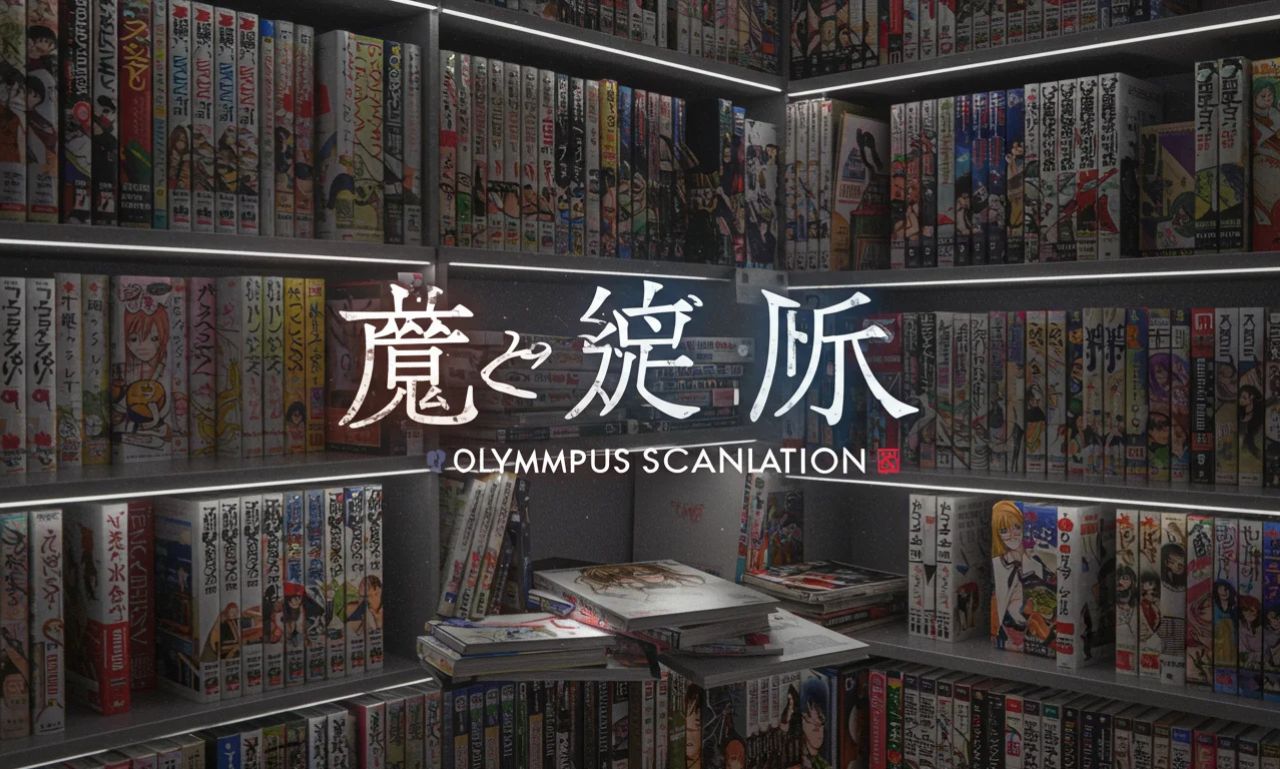Manga is a global phenomenon, and many fans outside Japan depend on scanlation groups to experience their favorite series. Among the notable names in this community is Olympus Scanlation, a group that has carved its identity by providing translations, edits, and digital releases of manga titles. While unofficial, their work has helped spread Japanese storytelling to diverse audiences worldwide, bridging cultural and language gaps.
In this article, we’ll explore the origins, activities, challenges, and influence of Olympus Scanlation, as well as the broader context of scanlation culture.
What is Olympus Scanlation?
Olympus Scanlation is an independent fan group dedicated to the translation and distribution of manga. Like other scanlation teams, their core work involves:
-
Raw acquisition: Obtaining the original Japanese manga scans.
-
Translation: Converting Japanese text into English (or other languages).
-
Cleaning and editing: Removing Japanese text, redrawing artwork, and placing translated dialogue in speech bubbles.
-
Distribution: Sharing the finished chapters with the global manga community online.
Unlike publishers, scanlation groups operate on a non-commercial basis, usually relying on volunteers who work out of passion rather than profit.
The Role of Olympus Scanlation in Manga Culture
Olympus Scanlation plays a crucial role in making manga accessible to international fans, especially for series that are not officially licensed in English. By doing so, the group has:
-
Expanded readership of lesser-known manga.
-
Encouraged fan communities to form around niche genres.
-
Preserved access to series that may never receive official translations.
-
Provided timely releases when official translations are unavailable.
Many manga enthusiasts first encounter a series through fan translations, later supporting it officially when licensed.
The Scanlation Process at Olympus Scanlation
Every scanlation group has its workflow, and OlympusScanlation is no exception. Their process typically includes:
1. Recruitment of Volunteers
Volunteers serve as translators, editors, proofreaders, and typesetters. Each role is vital to ensure both accuracy and readability.
2. Translation Accuracy
Olympus Scanlation emphasizes not just literal translation but also localization—ensuring cultural nuances, jokes, and idioms make sense to non-Japanese readers.
3. Artistic Editing
Cleaning and redrawing artwork to maintain original visual quality is one of the most challenging tasks. OlympusScanlation has often been praised for high-quality editing that respects the original art.
4. Community Sharing
Chapters are typically shared through manga forums, online reading sites, or community platforms where fans eagerly await updates.
Challenges Faced by Olympus Scanlation
While OlympusScanlation is admired for its dedication, the group also faces challenges:
-
Copyright Issues: Scanlation operates in a legal gray area, as manga publishers view unauthorized translations as copyright infringement.
-
Time and Effort: Volunteers juggle real-life responsibilities with their scanlation work.
-
Competition: With many scanlation groups working on overlapping series, speed vs. quality becomes a balancing act.
-
Sustainability: Maintaining motivation and resources long-term can be difficult, leading to hiatuses or disbandment of groups.
Ethical Debate Around Olympus Scanlation
The scanlation community sparks constant debate. Supporters argue that groups like Olympus Scanlation help promote manga globally, acting as free marketing for publishers. Critics, however, stress that unauthorized distribution harms the industry by bypassing official channels.
Interestingly, some publishers have acknowledged the role of scanlators in generating international demand, eventually licensing series that gained traction through fan efforts.
Impact on Manga Fans Worldwide
OlympusScanlation has had a noticeable impact:
-
Global reach: Fans from countries without access to official translations rely heavily on their work.
-
Cult followings: Niche manga titles have gained international fanbases thanks to scanlation efforts.
-
Fan engagement: Scanlation encourages discussions, fan art, and online communities centered on specific series.
For many readers, OlympusScanlation has been their gateway into the world of manga.
The Future of Olympus Scanlation
With the rise of digital platforms like Manga Plus and Crunchyroll Manga, the scanlation scene faces increasing challenges. Publishers are releasing official translations faster, sometimes simultaneously with Japanese releases.
However, OlympusScanlation and groups like it may continue to thrive by focusing on:
-
Unlicensed manga that publishers overlook.
-
Specialized genres with limited commercial appeal.
-
Community-driven projects where fans support preservation and accessibility.
Conclusion
Olympus Scanlation represents both the passion and complexity of the manga fan translation movement. While legally controversial, their contributions to global manga culture are undeniable. They have allowed countless fans to discover stories they would never have otherwise experienced, fostering cross-cultural appreciation for Japanese art and storytelling.
As the manga industry evolves, the role of OlympusScanlation may shift, but its legacy as a bridge between creators and international fans will remain significant.

